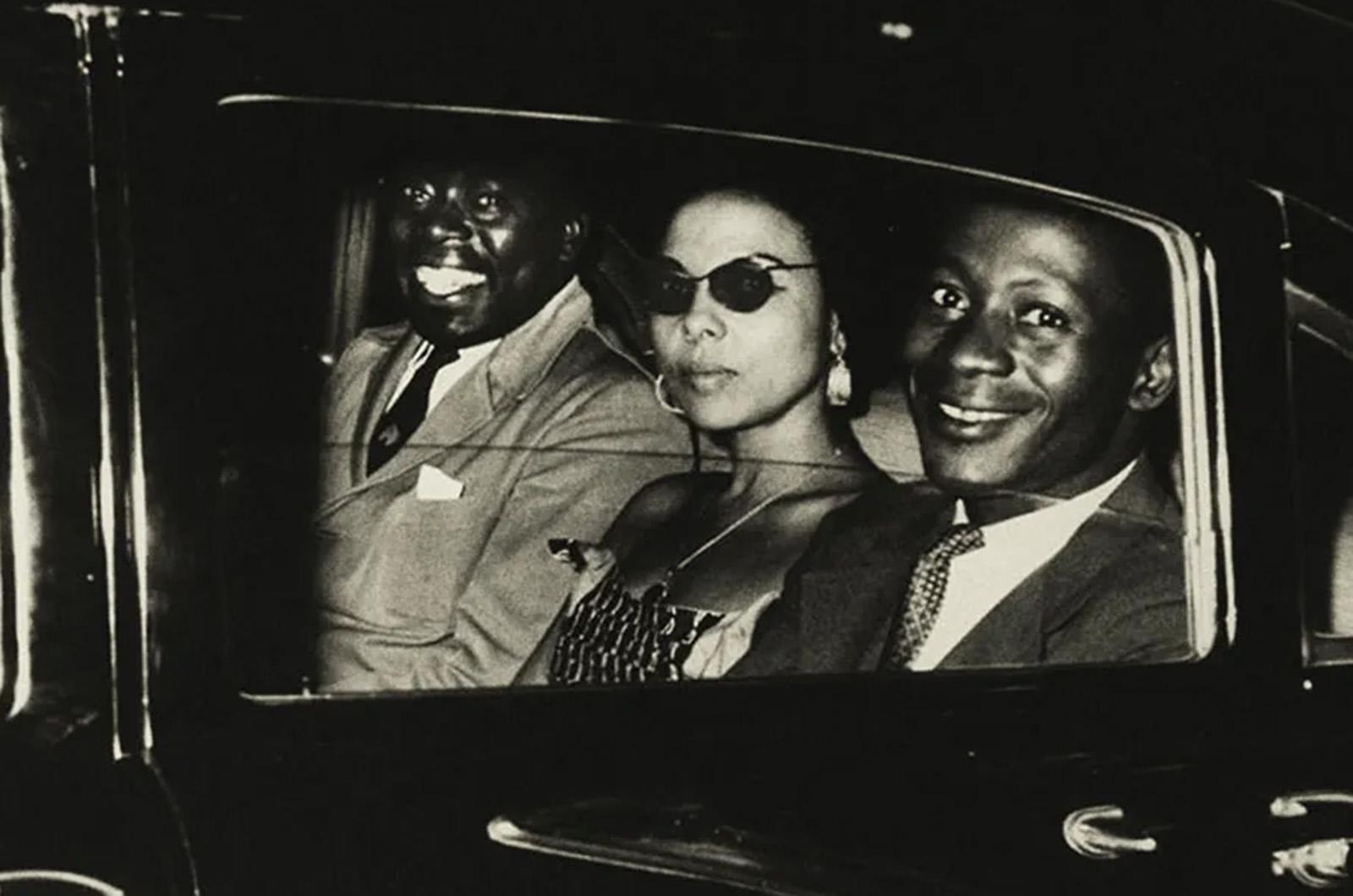The Martha’s Vineyard Film Society’s presentation of Oscar nominees is underway as the award ceremony approaches next month.
“I’m always focused on showing as many, if not all, of the nominated films,” said Richard Paradise, the society’s executive director, in a phone interview with the Gazette, having just come back from the Sundance Film Festival.
As part of the lead up to the Oscars, Mr. Paradise screened Soundtrack to a Coup d’Etat over the weekend, which Mr. Paradise first saw at its Sundance premiere the year before.
“I love jazz and you have this interesting conversion of this story of jazz musicians being used for political reasons,” Mr. Paradise said.
Soundtrack to a Coup d’Etat, one of the five films nominated for the documentary feature Oscar, puts a spotlight on the relationship between American jazz musicians and international affairs in the 1950s and 1960s. Many musicians, including Louis Armstrong, were sent to perform in various areas of political unrest as cultural ambassadors, while also criticizing the racism back home. The film culminates with a protest at the United Nations following the assassination of Patrice Lumumba, the first prime minister of the Democratic Republic of Congo. The protest was organized by musician and Civil Rights activist Abbey Lincoln.
The film paired footage of news events from the time period — such as Soviet Prime Minister Nikita Khrushchev banging his fists on the table at the United Nations — with the music of iconic jazz musicians such as drummer Max Roach to explore the time period from the point of view of composers and performers. After the screening on Saturday, Mr. Roach’s widow Janus Adams and their daughter Dara Rashida Roach joined for a Q&A via Zoom, moderated by the film society’s membership director Chris Behara.
Ms. Adams, a journalist and historian, highlighted the film’s use of Mr. Roach’s album We Insist! Max Roach’s Freedom Now Suite, released in 1960 with vocals by Ms. Lincoln. The song is used at the end of the movie, and features Ms. Lincoln yelling over the instrumentation.
“It was an authentic cry, freedom now,” Ms. Adams said. “It was something what we were all living through at that point, when we are looking at the invasions of the impositions on indigenous peoples around the world, we are also looking at the height of lynching here....So he is seeing what is going on in the Congo and seeing what is going on at home in real time. This music is really documenting that period of time. It wasn’t historical to them.”
Ms. Adams married Mr. Roach many years after the events of 1961, but lived in New York City at the time. She attended high school blocks away from the United Nations and recalled seeing ambassadors from Asia and Africa walking around Manhattan in their traditional dress.
“It felt as though we were in the middle of the action,” she said. “You literally had the world just blocks away.”
Ms. Adams also said that her own family’s politics, including her grandfather’s beliefs as a follower of Marcus Garvey, gave her an appreciation of international Black history.
“This is the start of Black History Month, and one of the things that I always remind people is that our history does not begin or end with the story of enslavement. Our history begins millennia before that,” Ms. Adams said. “It’s about retaking yourself, retaking your independence.”
Dara Roach said that having a grounding in Black history from her parents and her father’s respect of women prepared her for her life.
“We were given this ground of who we are as Black people, as revolutionaries,” she said. “We grew up with such an enriched life based on having these people really in our life.”
Ms. Roach reflected on the impact her father had on the worlds of art and activism alike, including his support of notable writers and activists such as Sonia Sanchez and Maya Angelou.
Ms. Angelou took part in Ms. Lincoln’s demonstration at the United Nations.
“He was really protective of these women and helped them achieve what they wanted to achieve without marginalizing them,” Ms. Roach said. “He was very much that kind of person in my life.”
Ms. Adams emphasized the importance of learning about history and seeing similar patterns that exist today. She referenced an interview in the film with a mercenary who excused killing the Congolese because they were cannibals, comparing the language on the campaign trail this fall used to stir fear about Haitian immigrants. She also drew parallels to the treatment of Indigenous people of the Congo to the Trail of Tears.
“It’s really about the dehumanization. It’s about the propaganda. It’s about making you not feel that they are quite like you, so it’s okay to do this terrible stuff that we’re about to do to them,” she said.
Mr. Paradise said that film screening discussions are an essential part of the film society’s mission.
“That’s what we try to do, always add extra insights outside of the film itself,” he said.
Screenings of Oscar-nominated movies continues all month (the awards ceremony is March 2), including Nickel Boys, I’m Still Here and A Complete Unknown. The live action, animated and documentary shorts will be shown later in the month and in early March.





Comments
Comment policy »